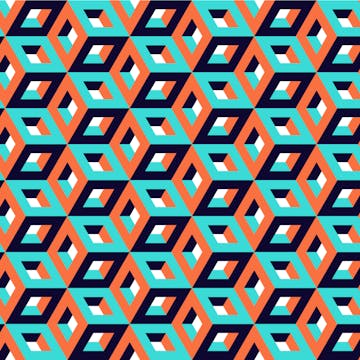

Visual Perception and Visual Illusions

Vision is one of the main ways for us to gather information about the world around us and about ourselves. Thus, studying vision naturally leads to new hypotheses on how cognition works. This way, our course on visual perception will also provide you with...
Read more
Good to know
Save this course
Reviews summary
Disorganized, poor quality course
Activities
Career center
Vision Scientist
Perception Researcher
Neuropsychologist
User Experience Designer
Cognitive Psychologist
Ergonomist
Market Researcher
Optometrist
Ophthalmologist
Photographer
Graphic designer
Art Therapist
Teacher
Museum curator
Interior designer
Reading list
Share
Similar courses
OpenCourser helps millions of learners each year. People visit us to learn workspace skills, ace their exams, and nurture their curiosity.
Our extensive catalog contains over 50,000 courses and twice as many books. Browse by search, by topic, or even by career interests. We'll match you to the right resources quickly.
Find this site helpful? Tell a friend about us.
We're supported by our community of learners. When you purchase or subscribe to courses and programs or purchase books, we may earn a commission from our partners.
Your purchases help us maintain our catalog and keep our servers humming without ads.
Thank you for supporting OpenCourser.

